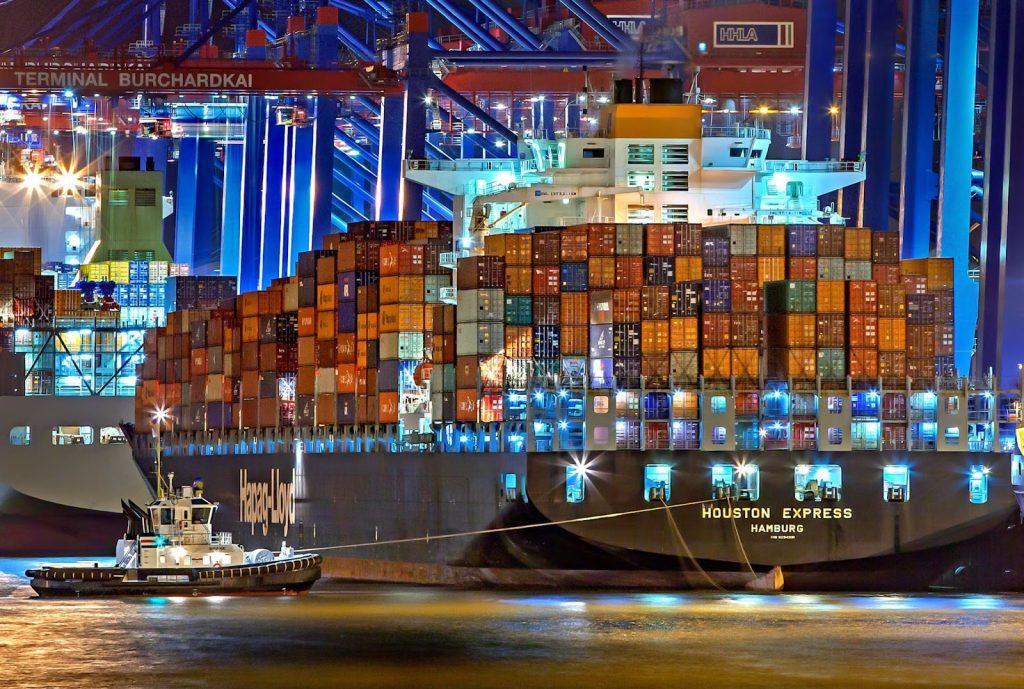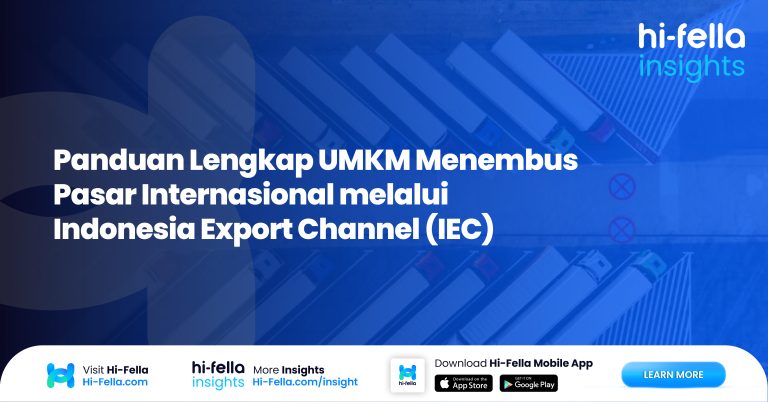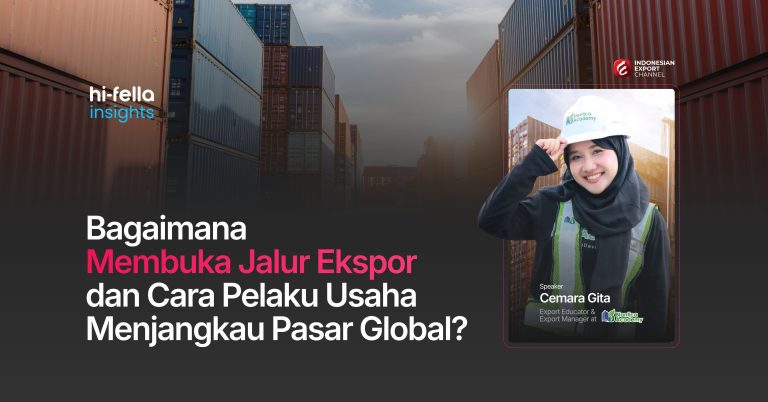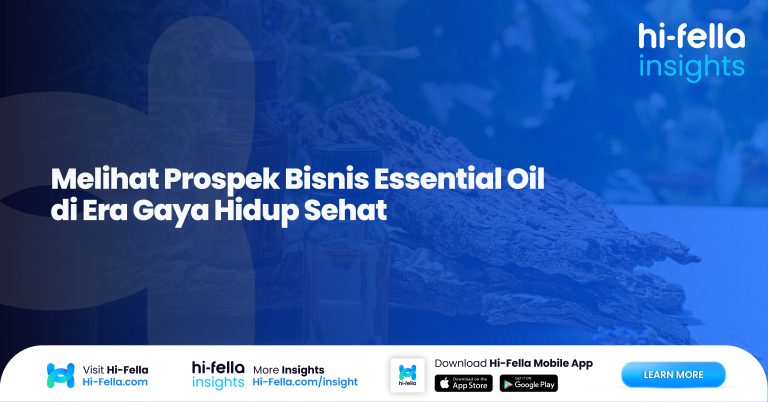Table of Contents
Ever had a coffee not from your country or worn clothes made overseas? That’s thanks to foreign trade. Simply put, what is foreign trade? It’s buying and selling things between countries.
From old trading paths to big groups like the World Trade Organization (WTO), this trade shapes our daily lives. Let’s explore more about it in this article!
What is Foreign Trade?

Source: Pexels
Foreign trade refers to exchanging goods, services, and capital across international borders or territories.
Unlike domestic trade, which happens within the confines of one country, foreign trade involves two or more countries.
To put it simply, anytime you enjoy a cup of Colombian coffee in the U.S. or wear a T-shirt made in Bangladesh or Europe, you’re experiencing the products of foreign trade.
Goods vs. Services
When we think about trade, it’s easy to picture ships filled with boxes or trucks crossing borders. That’s goods – physical items like phones, fruit, or cars.
On the other hand, services are things like travel, software development, or consultancy. Even though they aren’t “things” we can touch, they’re a big part of foreign trade.
Key Components of Foreign Trade

Source: Pexels
What is foreign trade is not a monolithic concept; it consists of several components that determine a country’s trade health and strategy.
- Imports and Exports
The backbone of what is foreign trade is in importing and exporting activities. Imports denote the goods and services a country purchases from abroad, while exports represent the goods and services sold to international consumers.
The equilibrium between these two is pivotal, as it ascertains whether a country enjoys a trade surplus (when exports exceed imports) or grapples with a trade deficit (when imports overshadow exports).
For a comprehensive understanding, the World Bank provides an extensive database on global imports and exports.
- Trade Balances
A trade surplus can often be perceived as an indicator of a nation’s economic might. However, this isn’t an unwavering rule. Conversely, a trade deficit isn’t inherently detrimental.
A nation running a trade deficit could be channeling its resources into pivotal infrastructural projects or procuring technology that stands to amplify its growth in the impending future.
- Trade Agreements
Trade agreements manifest as pacts between two or multiple nations, laying out the specifics of trade engagements between the signatories. These can dictate tariff structures, set trade quotas, and much more.
Some renowned examples encompass the North American Free Trade Agreement (NAFTA) and the European Union’s Single Market.
Such agreements are instrumental in fostering cooperative international trade dynamics and bolstering global economic harmony.
The Historical Evolution of Foreign Trade
From the ancient Silk Road to today’s globalized digital trade platforms, foreign trade has been integral to human civilization.
- From Barter to Blockchain
Historically, trade began as simple barter systems, where communities exchanged goods without a standard currency.
Over time, as societies expanded and the limitations of barter became evident, currencies were introduced.
The establishment of ancient trade routes, like the Silk Road, further facilitated the exchange of goods, culture, and knowledge across continents.
- Modern-Day Globalization
Today, transportation, communication, and technology advancements have blurred international boundaries, making foreign trade more streamlined and expansive.
The rise of e-commerce platforms and digital payment systems means businesses, big or small, can now reach consumers worldwide with a few clicks.
World Trade Organization (WTO) and Its Role

Source: WTO Official Facebook
Established in 1995, the World Trade Organization (WTO) serves as a global umbrella for trade relations, negotiations, and dispute resolutions between its member countries.
- Simplifying Trade Discussions
Countries can have different rules and ways of doing things, so the WTO helps them understand. It’s a bit like when kids in a playground decide on the rules of a game. The WTO provides a place where countries can sit down, discuss, and make these rules.
They also help if two countries are not getting along in terms of trade. For example, if one country thinks another is not playing by the rules, they can go to the WTO, and the organization will help them solve the problem.
- Encouraging Fair Play in Trade
The main idea behind the WTO is to make sure everyone gets a fair deal when trading. So, they encourage countries to be open and honest about their trading practices.
This means that if a country agrees to do something (like reduce taxes on imported goods), the WTO will watch to make sure they keep their promise. If they don’t, the other countries can talk to the WTO, and they will help solve the issue.
In short, the WTO is like a referee in the world of trade. They don’t just make the rules; they also ensure everyone follows them, ensuring that all countries, big or small, get a fair chance in the global marketplace.
Regulating and Promoting Foreign Trade

Source: WTO Official Facebook
The WTO aims to promote open trade for the benefit of all. It provides a forum for negotiating trade agreements and a dispute resolution process to enforce participants’ adherence to WTO agreements.
Additionally, the WTO establishes a framework that seeks to reduce trade barriers and promote a level playing field for all member nations. This ensures that trade flows as smoothly, predictably, and freely as possible.
Beyond mere facilitation, the organization also tackles challenges posed by protectionism, offering guidance on matters like tariffs, subsidies, and non-tariff barriers.
This not only fosters economic cooperation among countries but also assists developing nations in integrating seamlessly into the global trade system.
With its principle of “most-favored-nation” treatment, the WTO ensures that member countries treat one another equally, making international trade more equitable.
The organization also monitors and analyzes members’ trade policies through periodic trade reviews, ensuring transparency and compliance.
By promoting fair trade practices and resolving disputes amicably, the WTO plays an indispensable role in shaping the future of global trade.
In conclusion
What is foreign trade is a modern-day phenomenon and a practice deeply rooted in our history. Understanding its basics, implications, and regulatory mechanisms is crucial for anyone venturing into business or policy-making.
Whether you’re an entrepreneur eyeing international markets or a student aiming to grasp the global economic fabric, knowing what foreign trade is is your starting point.
Looking to expand your business reach globally? Dive into Hi-Fella, a platform tailored to connect businesses around the world.
Whether you’re looking to find international partners, suppliers, or customers, trade on Hi-Fella now and let the world be your marketplace!








